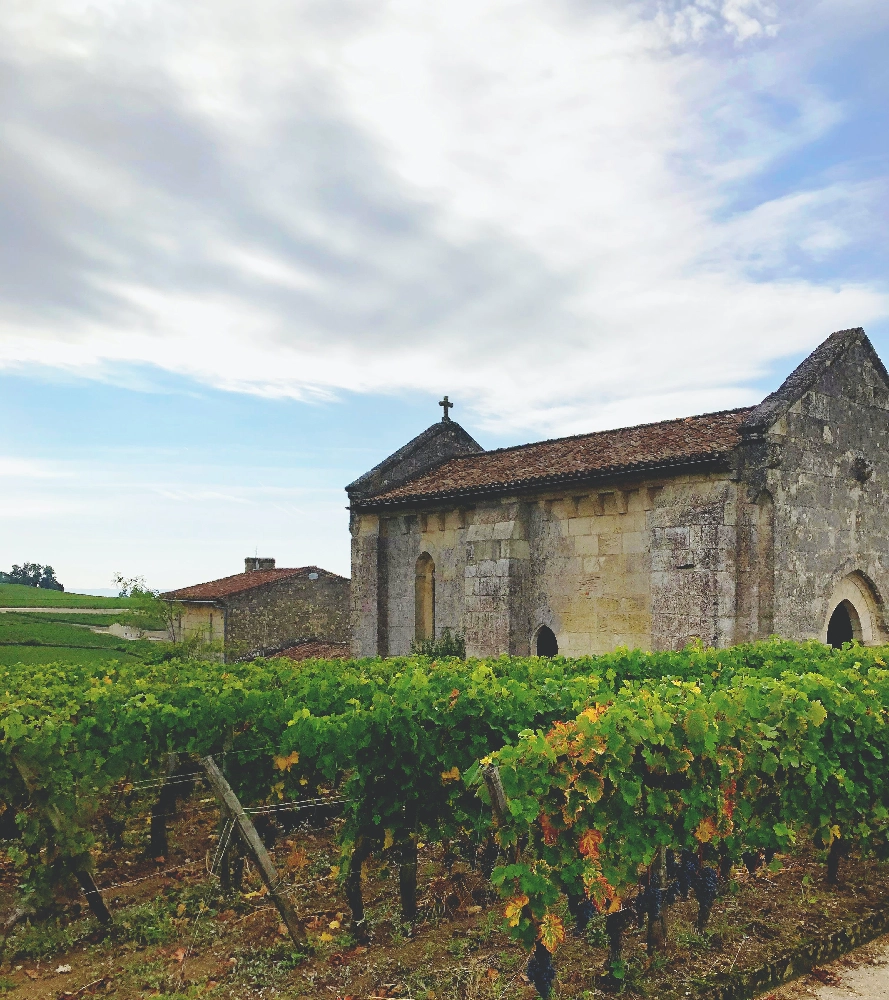
Liaoning Wineries & Wines Stats
Wineries
2
Wines
3
A Historical Review of Wine Significance in Liaoning, China: From Ancient Traditions to Modern Viticulture
Introduction Liaoning Province, located in the northeastern part of China, has a rich history of wine production dating back thousands of years. This region's unique geographical features, including its vast coastal area and favorable climate, have made it an essential player in China's ancient and modern winemaking industry. In this historical review, we will explore the significance of wine in Liaoning from ancient times to the present day.
Ancient Wine Traditions in Liaoning The earliest recorded evidence of wine production in Liaoning dates back to the Han Dynasty (206 BCE - 220 CE). Archaeological findings, such as pottery fragments with wine residues and ancient texts, suggest that grape cultivation and winemaking were common practices during this period. The area around present-day Benxi City is believed to be the primary center of viticulture and vinification in Liaoning during the Han Dynasty.
Development During the Tang (618 - 907 CE) and Song (960 - 1279 CE) Dynasties Wine production in Liaoning continued to thrive during the Tang and Song dynasties, with records indicating that the region was renowned for its high-quality wines. During this period, winemaking techniques became more refined, and grape varieties were selectively bred to suit local conditions.
Decline and Revival The wine industry in Liaoning experienced a decline during the Ming (1368 - 1644) and Qing (1644 - 1912) dynasties due to political instability, economic hardships, and the spread of other alcoholic beverages. However, in the late 19th and early 20th centuries, European missionaries and traders introduced modern winemaking techniques to China, and Liaoning once again became an essential player in the country's wine industry.
Modern Viticulture and Wine Production Today, Liaoning is known for its diverse grape varieties, including local favorites such as Songxi White, Benxi Red, and Huanghua. These grapes are used to produce a range of wines, from sweet dessert wines to crisp, dry whites and bold, full-bodied reds. Moreover, Liaoning's unique climate and geography allow for the production of icewine, a popular and exclusive category of wine that is highly sought after both domestically and internationally.
Pairing Food with Wines from Liaoning Liaoning's wines are known to complement a diverse range of foods, from the region's famous seafood dishes to spicy Sichuan cuisine and milder dishes from the south. The sweetness and complexity of dessert wines from Liaoning make them an excellent accompaniment to rich, savory dishes, while the crisp, dry whites pair well with lighter, more delicate fare.
Conclusion The significance of wine in Liaoning's history is evident through its continued contributions to China's winemaking industry and the preservation of ancient traditions. From the Han Dynasty to the present day, Liaoning has remained an essential player in the world of Chinese wine, with a rich legacy that continues to inspire and influence contemporary viticulture and vinification practices.
